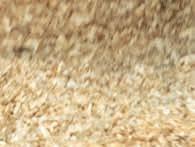

to April 2024 issue

The 2024 season is well under way, and it’s shaping up to be a pretty exciting one. May sees the 75th anniversary of Badminton, and thanks to it being an Olympic year, we can look forward to a stellar start list as riders hope to catch selectors’ eyes. Turn to p8 to read more.
While the fields are still recovering from the wettest February in 190 years, it’s been the perfect weather for testing lightweight coats (every cloud and all that). Testing kit is something we take really seriously at Horse&Rider – for
example, did you know items go on a long test – usually three months, but often a lot more – to ensure they’re durable and will perform well for you? See what we thought on p129. And if you’re feeling inspired to update your or your horse’s wardrobe, then don’t miss the amazing Hy Equestrian catalogue, free with this issue!
 Louise Kittle, Editor-in-Chief
Louise Kittle, Editor-in-Chief
THIS MONTH’S CONTRIBUTORS




myths
much-villified starch, while helping you work out how to provide your horse with a low-sugar, low-starch diet on p114.
In part two of his lateral work guide, Dan looks at shoulder-in. Refresh your and your horse’s skills, try some new techniques and boost your marks with his tips on p20.
The simplest of layouts has so many benefits, no matter your experience level or ambitions, as trainer and rider Jay explains on p48.
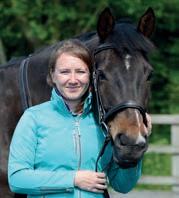 Louise Kittle, Editor-in-Chief
Louise Kittle, Editor-in-Chief
Louise was bitten by the horsey bug at age two, and has ridden and owned horses ever since, competing in eventing as well as enjoying training her horses – and herself: she’s a BHS Int SM.

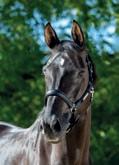



DON’T MISS...
our amazing subscription offer! With training tips from top riders and coaches, vet advice, sports psychology and equine behaviour, make 2024 your best horsey year with Horse&Rider! Turn to p126.
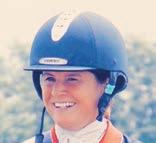
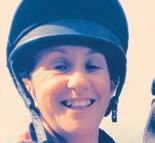
What if you could find out how susceptible a horse was to laminitis? The potential improvements in welfare are far reaching. Nicola explains more on p74.
From fitness tips to what to work on for each discipline, whether you plan to get out eventing this season or are dreaming of giving it a go, Piggy’s advice on p26 is a must-read.
How loud is your inner critic? What if you could quieten it and focus on your inner coach? Alison explains how to boost your resilience as a rider on p60.
Piggy March Jay Buxton Dan Greenwood Nutritionist Joanna debunks the around Joanna PalmerIN THE SADDLE
20 Lateral work made easy Dan Greenwood helps you make light work of shoulder-in
26 Eventing success Piggy March explains how to maximise each discipline
32 6 secrets to successful galloping Feel confident when going for a blast
36 Total position guide Lewis Carrier’s tips to improve your straightness in the saddle
42 Focus on fitness Exclusive extract from Elphick Event Ponies Competition Journal
48 Fab four Have a go at Jay Buxton’s four exercises from one simple layout
MIND MATTERS
54 Can’t catch me Dr Debbie Marsden’s advice for solving catching issues
60 Critical thinking Manage your inner critic and silence your negative thoughts
108 No gym? No problem Jo Collins shares her water bucket workout
ASK A VET
68 Gut reaction Vet Hayley Chidlow explains how to spot the early signs of colic
74 Early warning system New research aims to identify horses at risk of laminitis
THE
94
114

 Photo by Jon Stroud
Photo by Jon Stroud
April 2024
Dressage star Lewis Carrier helps you polish your position and our galloping guide will ensure you have a great ride. Plus, vet Hayley Chidlow explains why acting fast is vital to your horse’s recovery from colic.
REGULARS
8 Brilliant Badminton Celebrating 75 years of the world’s biggest equestrian event
14 Horseworld hub Keep up to date with the latest horsey news
18 Horseworld science Discover the latest research in the equine industry
66 Win! A photoshoot and become the new face of KBIS!
80 Perfect prizes Get your hands on some fab prizes
102 A dream reimagined An exclusive interview with Nicola Wilson
126 Subscribe to H&R Get every issue delivered straight to your door
142 Dream horsey homes A selection of gorgeous equestrian properties
145 Next month A sneak peek at the May issue
146 My life with horses A week in the life of dressage rider and podcast host Josh Hill




In this feature. . . ➤ Fitness levels explained
PART TWO: PERFECT PREP
Eventing success
Discover how to get your horse event fit and maximise each discipline with Piggy March’s tips
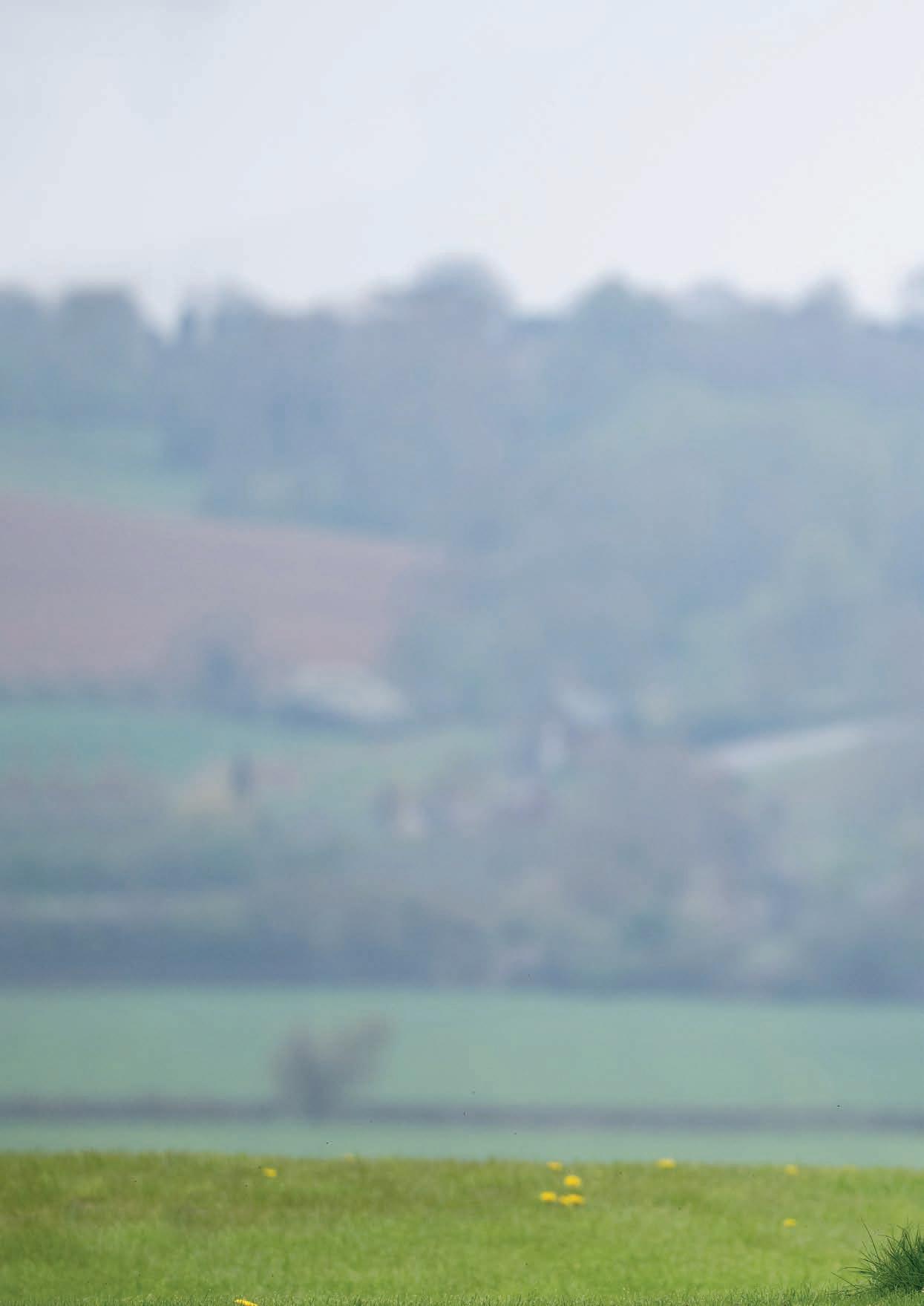
Our expert

Piggy March is an international event rider who has represented Team GB at World and European Championships, as well as winning Badminton in 2019 and Burghley in 2022 with Vanir Kamira.
Whatever your chosen discipline, getting prepared for a competition involves hours of hard work, and, with eventing, the amount of preparation – both physical and mental –is trebled.
In the second part of my series, we’re looking at the physical side of things. From a focus on fitness to refining the tools in your training kit, I’ll share my advice to set you up for eventing success.
➤ Ensure you have the right kit ➤ Fundamentals for each discipline
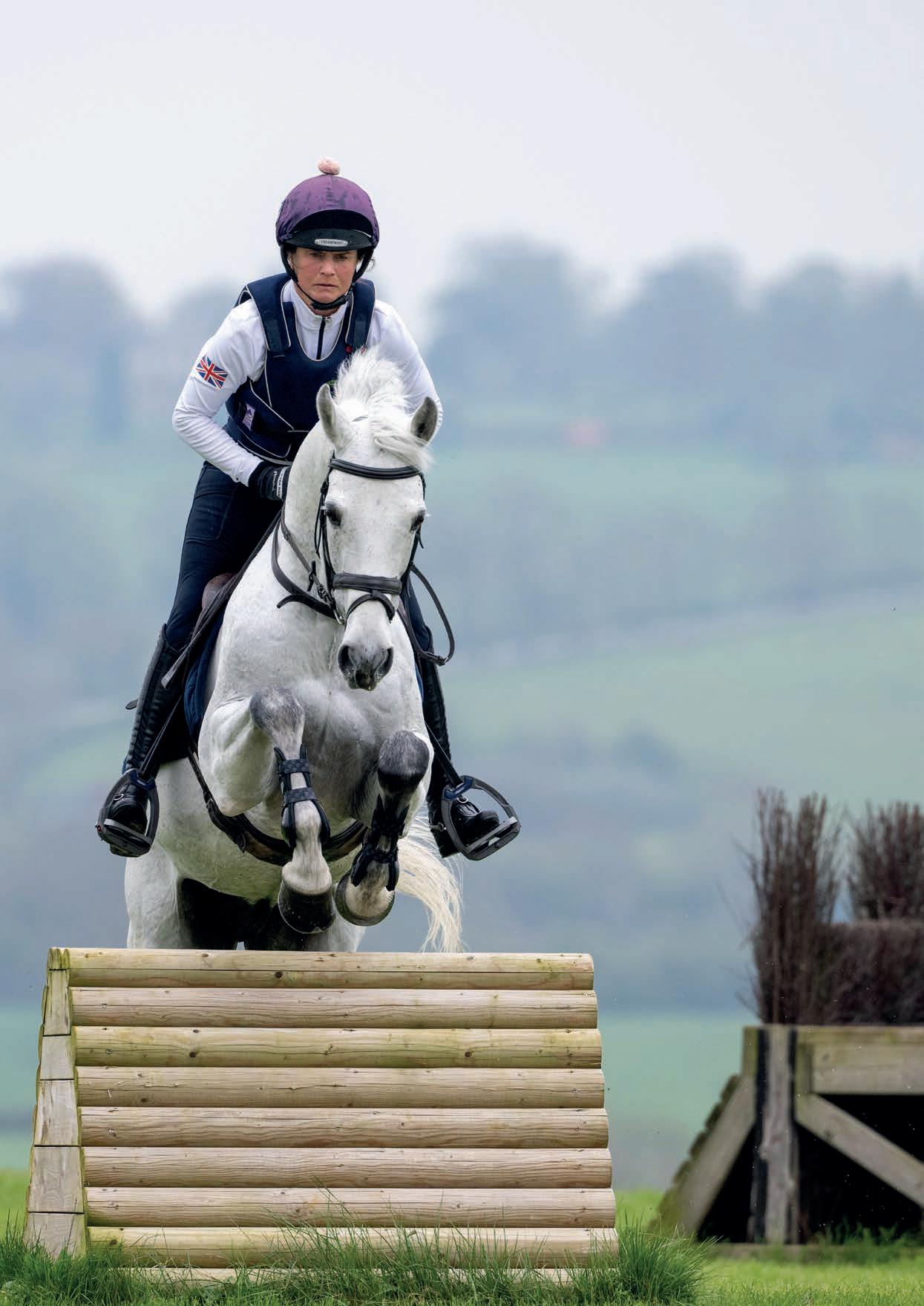
TOP TIP
Make sure your tack is competition legal – there are types of bits, for example, that are prohibited.
All the gear
Whether it’s your first-ever competition or the start of a new season, getting ready for an event isn’t just about making sure your and your horse’s mind and body are prepared, you need to have the right pieces of kit, too. Apart from anything, without it you might not be allowed to compete.
There are so many products on the market that can help improve your safety, performance and recovery, but they’re not all essential, particularly at the lower levels. The most important thing is that your safety gear is in line with the current standards. ➤

Critical
thinking
Alison Buttery explains how to manage your inner critic and silence those damaging negative comments
Most of us have an inner critic, a voice inside our head that tells us negative messages about all manner of things going on in our lives.
It’s not surprising, then, that our riding skills and abilities often come in for harsh judgement because, quite often, that inner critic likes to tell us we’ll never be good enough or will never achieve a certain goal. This then creates negative feelings, which, in turn, lead to anxiety and self-doubt.
The voice inside
It’s normal to have an inner critic, but it’s also important to learn how to deal with it so it doesn’t stop you from improving or believing in yourself. You can manage your inner critic by talking back to it with positive thoughts, reminding yourself of your progress, asking for help when you need it and remembering that even experienced riders make mistakes and that it’s okay to do so.
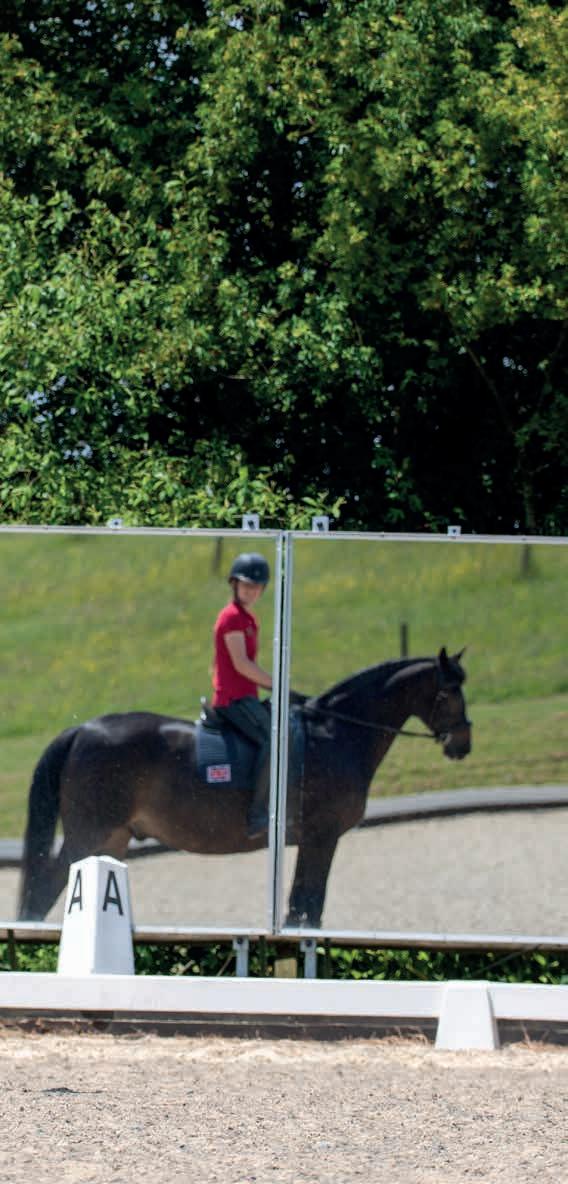
Our expert

Alison Buttery is a certified mindset and confidence coach, a BHS APC senior coach and an experienced rider, who specialises in helping riders overcome their nerves. She’s also the founder of The Everyday Equestrian.
Tough talking
The inner critic can be really hard on you and it usually starts in childhood. As we grow up, we hear all sorts of messages from the people around us – parents, teachers, friends – who tell us what we should do, how we should act, or what’s right or wrong. They might even criticise us when we make mistakes.
Brains are like sponges, especially when we’re young, so we soak up all these comments and they start to shape how we think about ourselves. If we hear too much negativity, our inner critic might become even louder and harsher.
When you add to this the expectations society has about how we look, what we do, how much money we make, or how successful we are, our inner critic can start shouting if we decide we don’t measure up. So, if we’re going to feel more positive and resilient, it’s time to change how we talk to ourselves.
DID YOU KNOW?
Learning to challenge and silence your inner critic can help you feel better about yourself and allow you to go after your dreams with more confidence. ➤


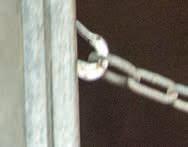


Gutreaction

Spotting the signs of colic and acting immediately are vital for successful recovery, says vet Hayley Chidlow
Colic is one of the most common conditions a ecting horses and it can be life-threatening. In simple terms, colic means abdominal pain and is usually caused by problems within the gastrointestinal tract. It’s always a medical emergency, so if you suspect your horse may be su ering from colic, call your vet immediately. ➤


Our expert

Hayley Chidlow BVSc


DipACVIM MRCVS is a specialist in equine medicine at the Newmarket Equine Hospital. She worked in mixed general practice as an equine ambulatory vet for a number of years before specialising in equine internal medicine.







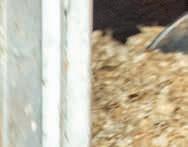













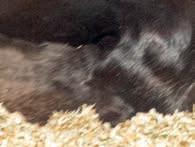










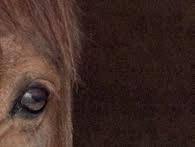
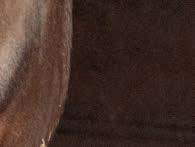




If you suspect your horse may be su ering from colic, call your vet immediately






